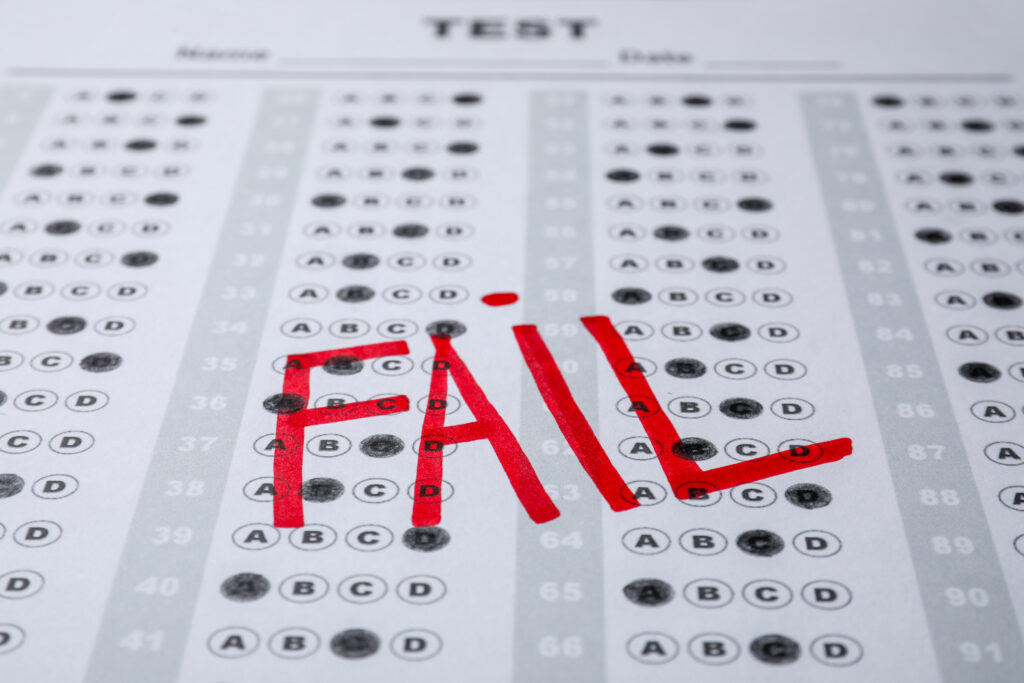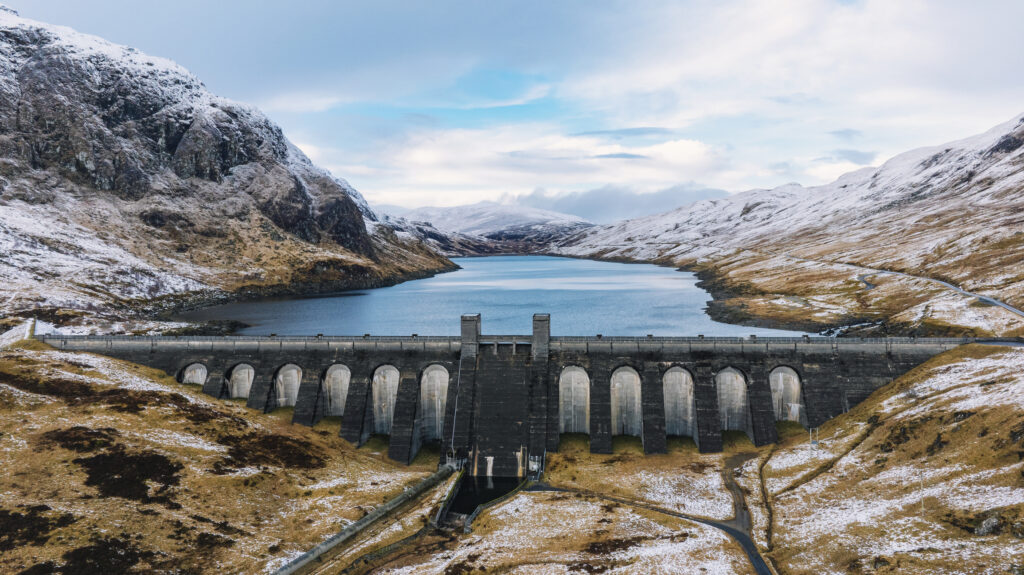Delaware’s General Assembly passed two bills seeking to restrict or ban offshore drilling in the state’s territorial waters and in federal waters off its coast.
Senate Bill 200 (S.B. 200) “prohibits drilling for oil or natural gas in Delaware’s coastal zone and territorial waters and precludes [the state Department of Natural Resources and Environmental Control] from issuing any permits in connection with the development of offshore drilling infrastructure.”
Senate Bill 207 (S.B. 207) expresses the Assembly’s and governor’s opposition to the federal government’s plans to allow offshore drilling in federal water off Delaware’s coast and requests the state’s Department of Justice to “take any appropriate legal steps to prevent the sale of oil and gas leases off the coast of the State of Delaware” and ensure federal offshore oil and gas leasing plans do not violate Delaware’s 1972 Coastal Zone Act.
S.B. 207 also directs Delaware’s Justice Department and its Coastal Zone Industrial Control Board to review all exploration leases along the state’s coast to make sure they are in accordance with state and federal environmental and coastal management laws and to enforce the state’s rights under the 1972 Federal Coastal Zone Management Act, which gives each state input into any federal planning that might affect it, in order to ensure state and federal actions comply with Delaware’s environmental policy objectives.
The bills, cosponsored by state Sen. Ernie Lopez (R-Lewes) and state Sen. Stephanie Hansen (D-Middletown), passed the state Senate on June 21 and the House on July 1. Gov. John Carney had not yet signed the bill at press time.
Ignoring Benefits
The legislature’s efforts to halt offshore drilling are misguided and ignore the economic benefits oil and gas production would deliver to the people of Delaware, says David T. Stevenson, director of the Center for Energy Competitiveness at the Delaware-based Caesar Rodney Institute and a policy advisor to The Heartland Institute, which publishes Environment & Climate News.
“The bills are impotent, as most development will be 40 to 50 miles offshore, controlled by the federal government, while Delaware’s control ends at three miles,” Stevenson said. “A 2014 study showed, depending on production levels, Delaware might see 1,000 to 6,000 jobs created, and the projects could generate between $90 [million] and $500 million in royalties and taxes to state coffers over the first ten years of production.”
Any risks drilling poses to Delaware’s waters are minimal and manageable compared to the known economic boon for the state, Stevenson says.
“The risks of seismic testing and oil spills have been exaggerated and are manageable compared to the potential large economic benefits,” said Stevenson. “The National Marine Fisheries Service approved seismic testing under former President Barack Obama, and any drilling will occur [at least] 50 miles off the coast with a predicted 170 barrels a year in leaks that would most likely be dissipated without reaching shore.
“As a backup, a specialized oil-spill cleanup ship is already permanently docked in Lewes, as large, oceangoing oil tankers occasionally spill oil transferring oil to smaller ships plying the Delaware River,” Stevenson said.
Other States’ Examples
Jordan McGillis, a policy analyst at the Institute for Energy Research, says even though Delaware will likely never be a major energy producer, the experiences of nearby states such as Pennsylvania show offshore oil and gas production could boost Delaware’s economy.
“Delaware is, of course, one of our smallest states, so we wouldn’t expect it to be a major energy producer, but with that said, citizens of the First State need only look across the state border to eastern Pennsylvania to see the benefits robust energy production can bring to local economies.” McGillis said. “Were Delaware to close its offshore areas, it would forego the opportunity to climb out of the basement of the state energy production rankings and [would] cost its economy a potential shot in the arm.”
Linnea Lueken ([email protected]) is a communications intern with The Heartland Institute.
Official Connections
State Sen. Ernie Lopez (R-Lewes): https://delawaresenate.com/senator-ernie-lopez/; [email protected]
State Sen. Stephanie Hansen (D-Middletown): https://legis.delaware.gov/LegislatorDetail/3212; [email protected]



